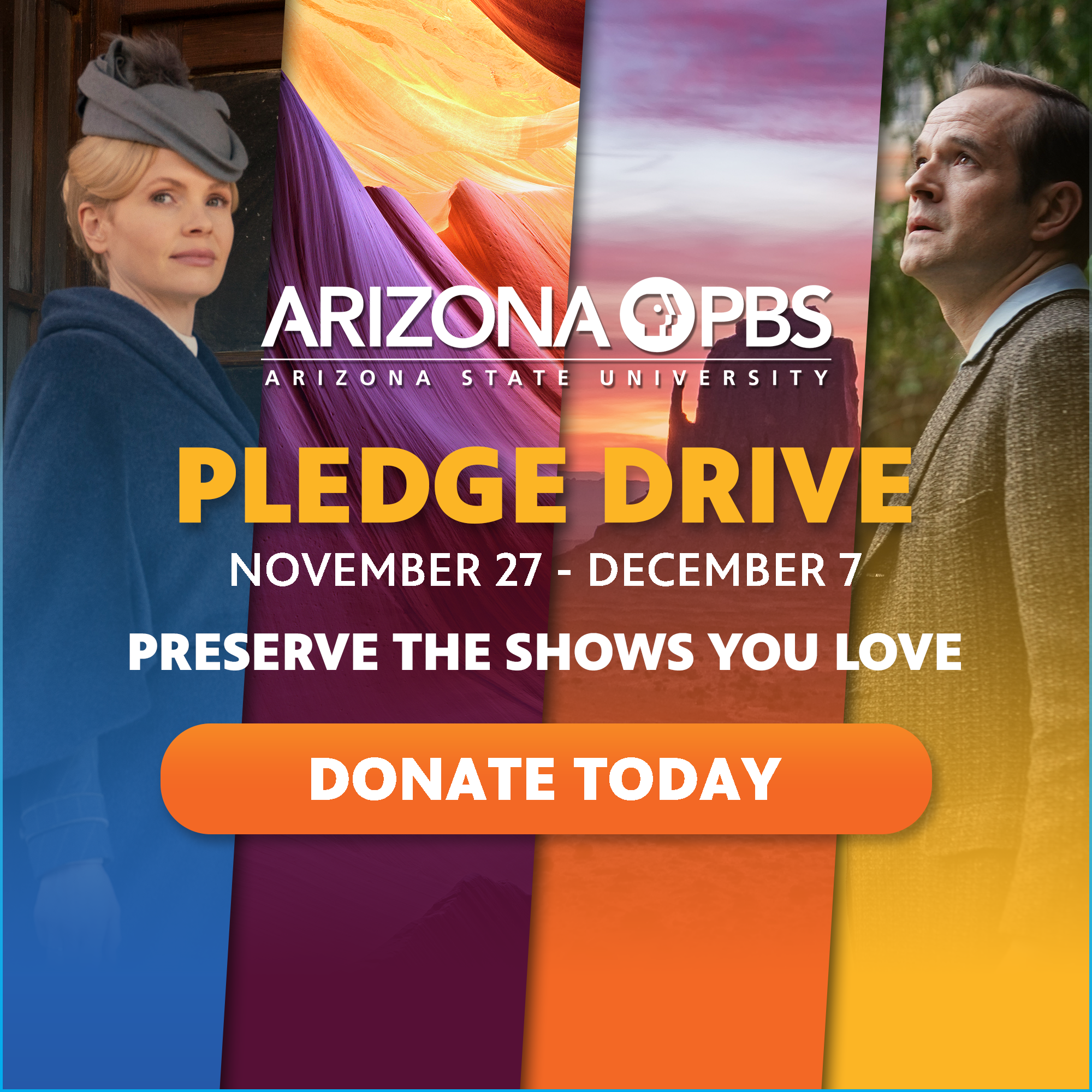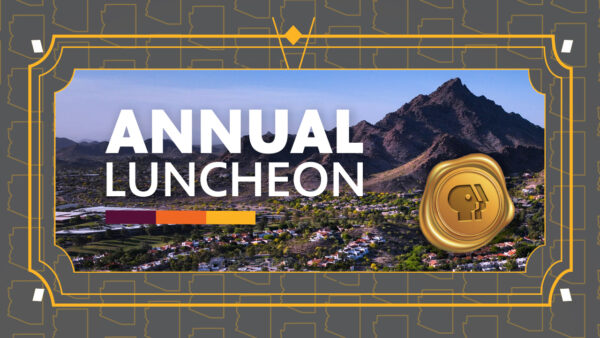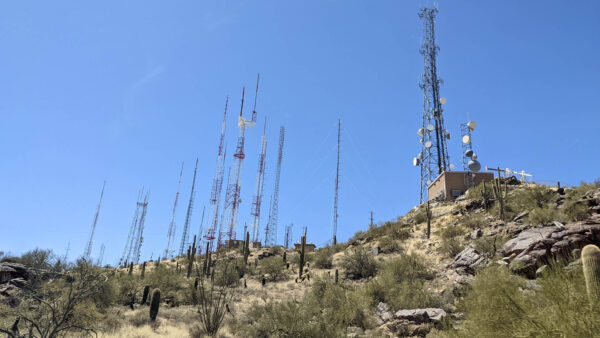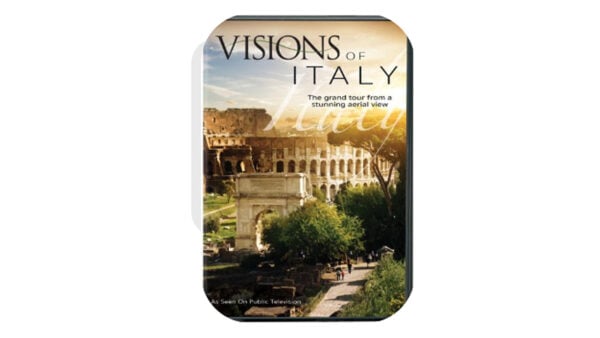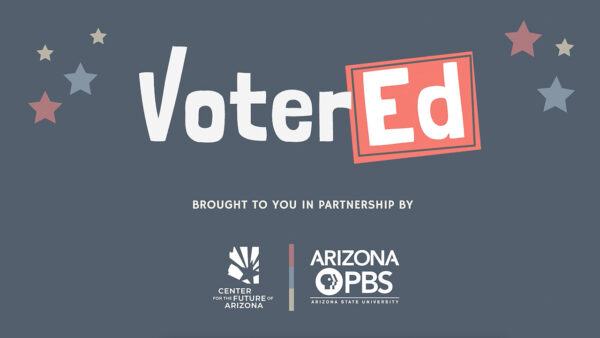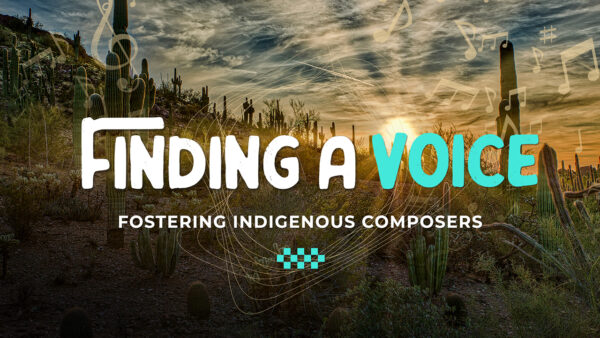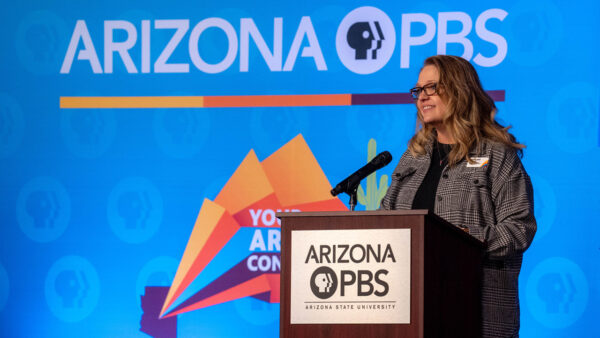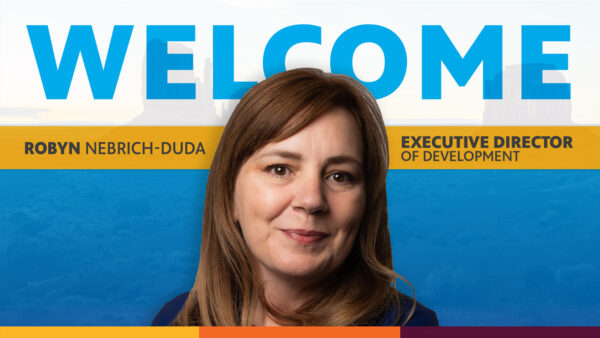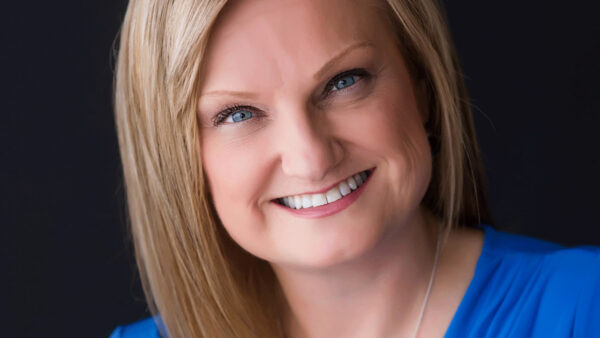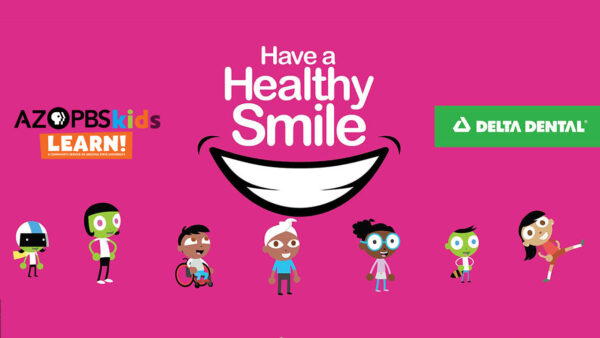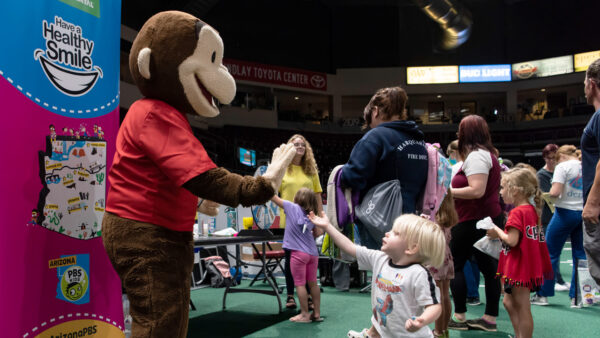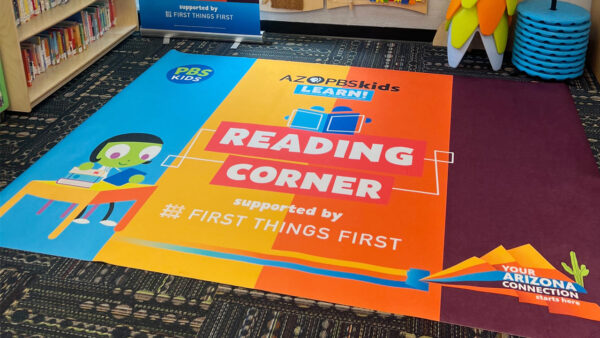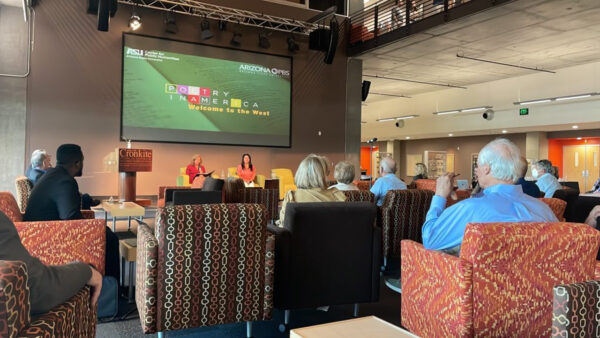Forgiveness: A Time to Love and a Time to Hate
April 27, 2011
In Forgiveness: A Time to Love and a Time to Hate , acclaimed writer, producer and director Helen Whitney explores the timely, nearly ubiquitous applications and limitations of the concept and practice of forgiveness through a compelling range of stories, from personal betrayal to global reconciliation after genocide. Divided into two 90-minute acts, the film airs Wednesdays, April 20 and 27, 2011 at 10 p.m. on Eight, Arizona PBS.
Forgiveness: A Time to Love and a Time to Hate provides an intimate look into the spontaneous outpouring of forgiveness: from the Amish families for the 2006 shooting of their children in Nickel Mines, Pennsylvania; the struggle of '60s radicals to cope with the serious consequences of their violent acts of protest; the shattering of a family after the mother abandons them, only to return seeking forgiveness ; the legacy and divisiveness of apartheid and the aftermath of the Truth and Reconciliation Commission hearings in South Africa; the penitential journey of a modern-day Germany, confronting the horrific acts of the Holocaust; and the riveting stories of survivors of the unimaginably brutal Rwandan genocide.
“Forgiveness is elusive, mysterious, primal … an idea and an ache, which is rooted in existential concerns. But too often forgiveness is presented as a simplistic valentine celebrating New Age pieties: exhorting us to forgive and criticizing those who cannot as spiritual underachievers,” Helen Whitney. “My intention is to complicate this vitally important subject. The film is meant to raise questions, not provide answers.”
Once a uniquely religious word, forgiveness now is changing and there is no consensus about what it is and what it is becoming. However you define forgiveness, its power is real — and never more so when it struggles with the unforgivable. Whitney's multi-layered film explores the overarching concept of forgiveness. Inevitably, as Whitney reveals, its new role in the world raises serious and complex questions: why is forgiveness in the air today; what does that say about us and the times we live in; what are its power, its limitations and in some instances its dangers; has it been cheapened or deepened … or both?
The first act of the film explores the contradictions and complexities of forgiveness in the private realm — its transformative power, elusive nature and spiritual importance. During the film's prologue, Washington State serial killer Gary Ridgeway facing the families of his victims, a World War II combat veteran craving forgiveness from God on his deathbed and the family of a murdered South African opponent of the apartheid regime confronting their son's killer are highlighted. In this introduction to the film, Whitney also touches on the phenomenon of an expanded examination of forgiveness through technology and “confessional” television. “As We Forgive Our Debtors” examines the confounding reaction of the Amish community to the murder of school children in the Pennsylvania town of Nickel Mines. The unconditional forgiveness offered by the Amish elicits powerful reaction from the world that is both admiring and troubled. In “The Language of Evil,” author Terri Jentz tells her personal story of being savagely attacked while camping as a college student, her search for her attacker and justice, and, ultimately, her journey from denial and depression to righteous anger and health. “Atonement” is a split narrative between 1960s anti-war activist Kathy Power and Claire Schroeder, the daughter of a police officer killed in a foiled bank robbery in which Power participated. This segment follows the crime, Power's surrender to authorities after decades on the run, her imprisonment and search for forgiveness from Schroeder and her family.
Forgiveness is at the heart of some of the deepest hurts that can tear families and nations apart. The second act of Whitney's film, though primarily about national crimes and forgiveness, begins with “Intimate Woundings,” the story of Dan Glick and his former wife Liesbeth Gerritsen, a seemingly ideal couple with two small children, whose family is torn apart by Liesbeth's decision to leave to start a new life thousands of miles away. Earning forgiveness from her husband, son and daughter is complicated, but not nearly as difficult as forgiving herself. “In the Lives of Nations,” Whitney focuses on genocide and war crimes — spotlighting Liberia, South Africa and Germany — and continues with “Germany – Facing the Past.” German writers and cultural figures, including Gottfried Wagner, Sabine Reichel and Anna Rosmus, describe the impact of World War II and the Holocaust on Germany and the post-war attempt to confront the past and do penance. “Bitburg – A Necessary Grief” features the 1985 visit of President Ronald Reagan to Bitburg Germany for a World War II commemoration with the German president. Reagan's decision to visit a cemetery in Bitburg, which included Nazi soldiers amongst those buried there, sparked violent protests around the world and provoked the German public into a deeper reflection of their responsibility for World War II and the Holocaust. The Rwandan genocide of 1994 is examined in “Confronting Evil” through first-hand witness testimony. “Gacaca,” the native process for resolving local disputes, is spotlighted as a way the new Rwandan government encouraged reconciliation and restorative justice. The film poses the question of whether forgiveness can be legislated by a nation or whether it places too much of a burden on the victims. Whitney's film ends with an epilogue suggesting that forgiveness begins and ends with one person facing another — friends, strangers, parents and children, husbands and wives. The decision to forgive or not — is a choice at the heart of our shared humanity.
